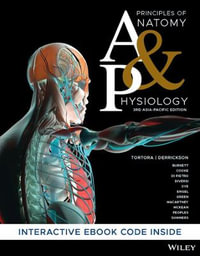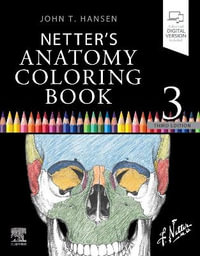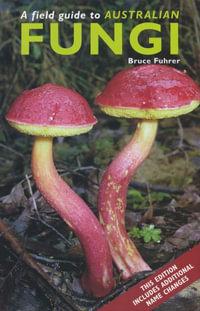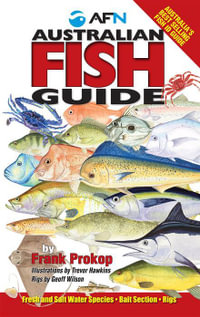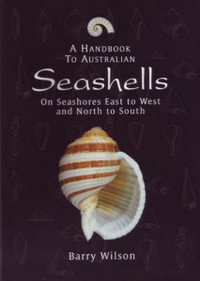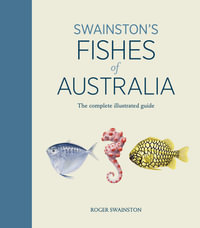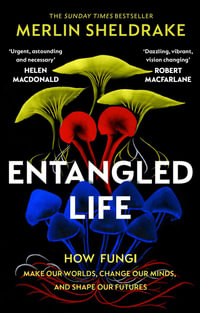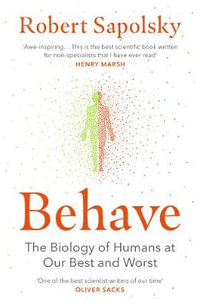A bizarre and compelling biography of a scientist and his work, using rodent cities to question the potential catastrophes of human overpopulation. It was the strangest of experiments. What began as a utopian environment, where mice had sumptuous accommodations, had all the food and water they could want, and were free from disease and predators, turned into a mouse hell. Science writer and animal behaviorist Lee Alan Dugatkin introduces readers to the peculiar work of rodent researcher John Bumpass Calhoun. In this enthralling tale, Dugatkin shows how an ecologist-turned-psychologist-turned-futurist became a science rock star embedded in the culture of the 1960s and 1970s. As interest grew in his rodent cities, Calhoun was courted by city planners and his work was reflected in everything from Tom Wolfe's hard-hitting writing to the children's book Mrs. Frisby and the Rats of NIMH. He was invited to meetings with the Royal Society and the pope and taken seriously when he proposed a worldwide cybernetic brain--a decade before others made the internet a reality.
Readers see how Calhoun's experiments--rodent apartment complexes like "Mouse Universe 25"--led to his concept of "behavioral sinks" with real effects on public policy discussions. Overpopulation in Calhoun's mouse (and rat) complexes led to the loss of sex drive, the absence of maternal care, and a class of automatons that included "the beautiful ones," who spent their time grooming themselves while shunning socialization. Calhoun--and those who followed his work--saw the collapse of this mouse population as a harbinger of the ill effects of an overpopulated human world.
Drawing on previously unpublished archival research and interviews with Calhoun's family and former colleagues, Dugatkin offers a riveting account of an intriguing scientific figure. Considering Dr. Calhoun's experiments, he explores the changing nature of scientific research and delves into what the study of animal behavior can teach us about ourselves.
Industry Reviews
"Dr. Calhoun's Mousery is a brilliant reminder, from biologist and author Dugatkin, of how relevant some research remains even decades later. This story of a fascinating, complicated psychologist and his innovative, insightful, troubling studies of overpopulation in rodents is an absorbing read and a potent lesson in moral behavior-both of rodents and of humans." -- Deborah Blum, Pulitzer Prize-winning author of "The Poison Squad: One Chemist's Single-Minded Crusade for Food Safety at the Turn of the Twentieth Century"
"John Calhoun famously showed that rodential 'society' degenerates horrendously when rodents live at high densities. Politicians, urban planners, pundits, and criminologists then seized these findings, often distorting them when extrapolating to supposed inevitabilities about urban humans. Dugatkin gives us the life of Calhoun himself-often eccentric, with wildly expansive ideas, unclear as to just how much he wanted them interpreted imprudently. A fascinating read about an immensely influential scientist." -- Robert M. Sapolsky, author of the New York Times-bestseller "Determined: A Science of Life without Free Will"
"William Blake saw the world in a grain of sand. John Calhoun saw it in a mousery-a utopian apartment complex built for mice! Dugatkin's brilliant, fast-paced account of Calhoun's research takes us on a whirlwind tour with stops along the way at the Royal Society in London, the Vatican, and Washington, DC. Dugatkin is both learned and lively, and his book is irresistible." -- Edward Dolnick, New York Times-best-selling author of "The Clockwork Universe" and "The Writing of the Gods"
"This engagingly written book revives the life and work of the almost-forgotten behavioral population biologist John Calhoun, whose discoveries on the crowding syndrome and social pathology in rodents had at that time far-reaching interdisciplinary implications concerning the consequences of human population growth. This book is a masterpiece of critical, scholarly biography and historical analysis of a field in behavioral biology." -- Bert Hoelldobler, coauthor of the Pulitzer Prize-winning "The Ants"



